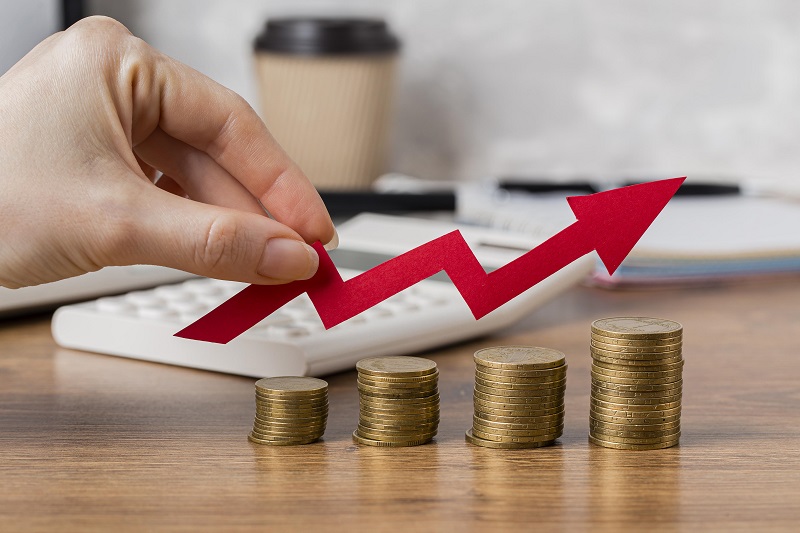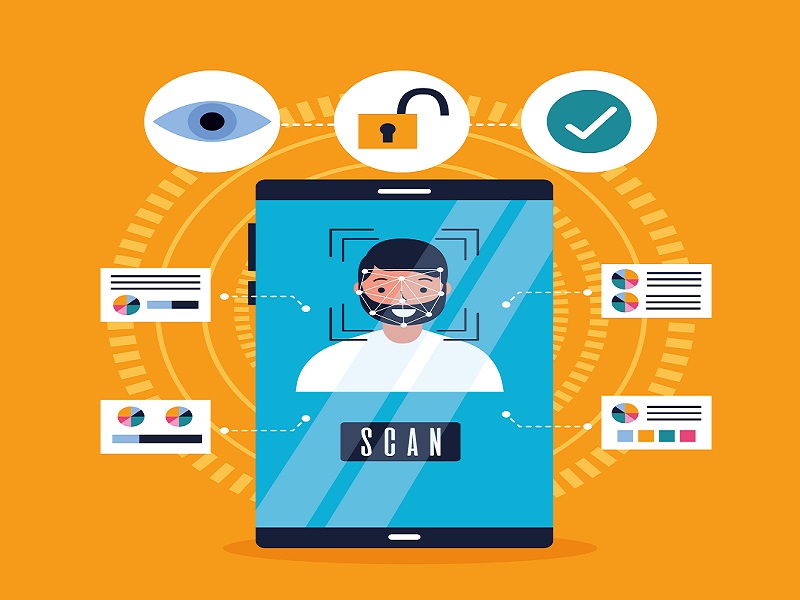The Buyt Desk
The money deposited in the Employee Provident Fund cannot be withdrawn other than in a few emergencies. But when salaried employees switch jobs to a new employer a new EPF is created. This is the moment when people tend to withdraw all or partial funds from their previous EPF accounts. But premature withdrawal from EPF is a bad idea because no other investment gives as good a return as EPF. The interest rate of EPF is much higher than any other type of investment. At present, the interest on EPF is at 8.50% which is much higher than any fixed deposit or any other investment scheme. Once you break the investment and withdraw the money you may end up spending the entire amount instead of investing it rightly. With this, you also empty the savings you have accumulated for future use. Instead, you can transfer all your EPFs into a single EPF account and let it grow silently.
How does EPF work?
Usually, the employee contributes 12 % of his/her basic salary towards the EPF account and the employer contributes 12 % of the employee’s basic salary towards the Employees’ Pension Scheme and EPF. Employer percentage is fixed but employees can contribute more too but not less than 12%. The concept of EPF is to build a good amount of money for retirement. Earlier it starts bigger will be the corpus. And this contribution can be made for any number of years but you should be employed under an organization that contributes towards the Employee Provident Fund.
What to do with EPF when changing jobs?
When you change employers or change your career plan, your EPF account with your previous employer will have no new deposits. But it will keep earning interest. So what to do with this account? You can either keep it there or transfer the entire fund to a new EPF account with a new employer or just withdraw the entire saved corpus. Withdrawal is a simple process and just needs a form to be filed with your HR team. In a few days, the amount will be credited to your account or you will receive a cheque. If you do not need the money you can just leave it there for a few years it will keep earning interest. Later you can merge all your EPFs into one single account. Withdrawal is never advised unless it is an emergency. And it is better if you redeposit the withdrawn amount at the earliest so that you will have a good amount for the future.
What is Income Tax per se?
There will be no deactivation of the PF account when the deposit stops. But the taxes are applied on the interest earned. The interest earned is tax-free only until you are employed. All the unclaimed amounts from inactive PF accounts go to the Senior Citizens Welfare Fund (SCWF).
What are EPF rules for withdrawal?
-
Except for a few emergencies withdrawals are prohibited until one is employed.
-
When unemployed for a month 75% of the account balance can be withdrawn.
-
When unemployed for more than two months, the entire account balance can be withdrawn.
Should you withdraw 100%?
When you decide to quit your job and venture into entrepreneurial ventures or take a few years of sabbatical, you might be tempted to withdraw the entire PF amount. And this may seem logical but it is not ideal as you may end up spending all or a major chunk of the funds which you have saved for the future. When EPF is untouched it keeps growing silently earning compounding interest.
Why should you not withdraw PF?
Compounding return is the biggest factor for not withdrawing PF amount. It is called the 8th wonder of the world. EPF has very high returns and zero risk. There is no other portfolio that gives high returns at zero risk. At the end of the first few years, the corpus may not look big but within a few years the amount doubles and triples because of compounding. So it is always better to keep EPF untouched. Example for compounding: If you have 25 thousand in your EPF when you left your first job and did not withdraw it. This amount will double in 7 years without any new deposit and triple in 10 years. In 15 years this amount will grow 5 times when untouched. This is the power of compounding. You will be at the losing end if you withdraw your PF amount.
Summing up
Withdrawing EPF before it grows to a good corpus is a bad decision. Even if you withdraw it to reinvest in other portfolios, it can still be a bad decision as no other portfolio gives these good returns at zero risk. EPF is not accumulating your savings but always growing at a relatively higher rate even when no deposits are made. Also, the interest earned is tax-free until you are employed. You can make deposits until you are employed by an employer who provides PF. Also accessing an EPF account is easy and can view all details on mobile using the EPF account’s universal account number (UAN). EPF is the best investment with good returns and no risks.







